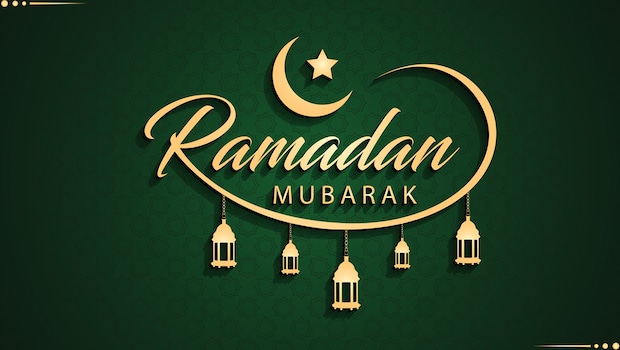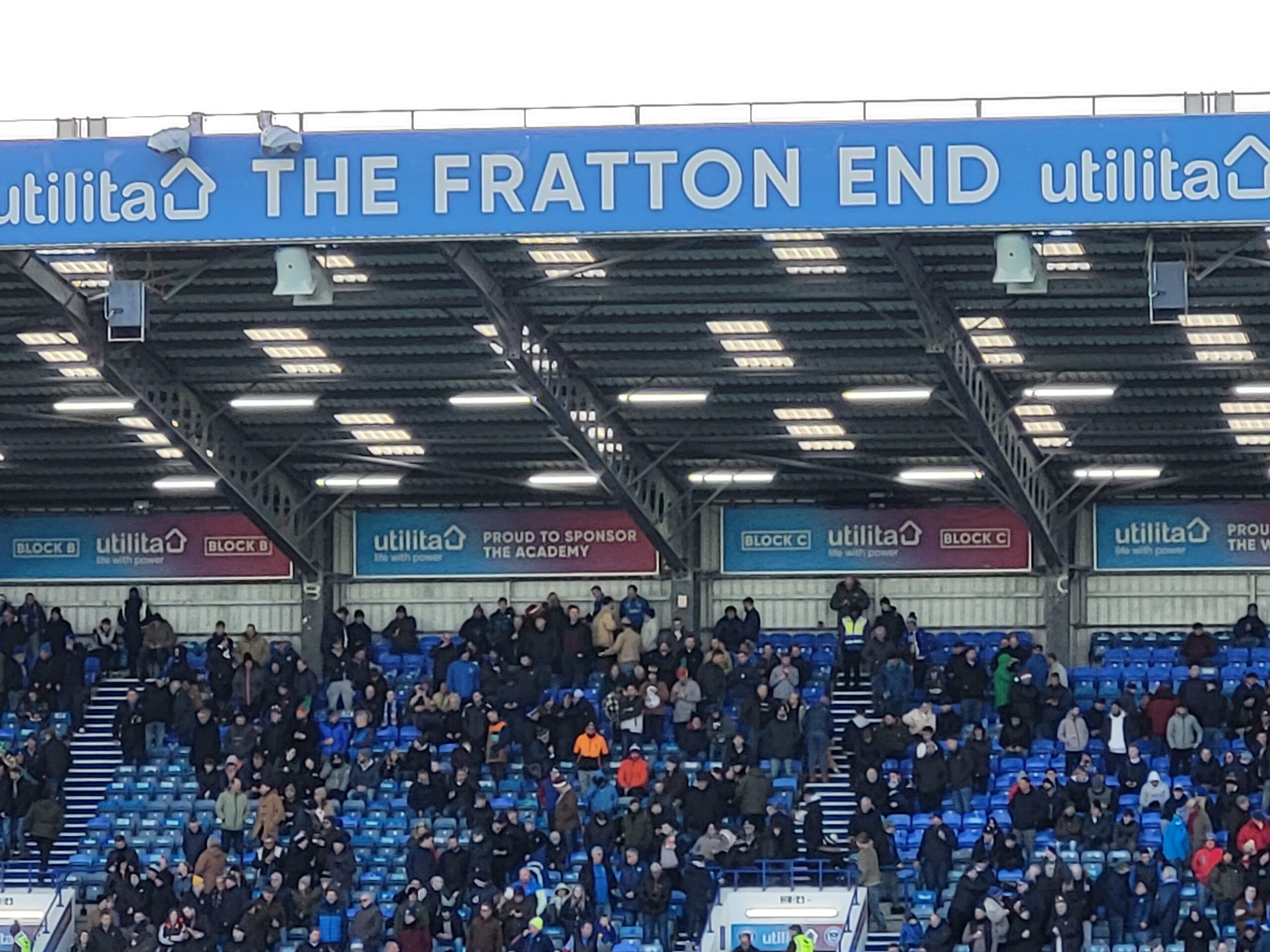The Sacred Month of Ramadan is reaching its midpoint so we take a closer look at the event, what happens after it finishes and what you can do to support people observing.
Every year, Muslims around the world look forward to the sighting of the new crescent moon which confirms the start of the month of Ramadan, the ninth month of the Islamic calendar and the most sacred month in Islamic religion. This year it began on the evening of Wednesday 22nd March and expected to end Friday 21st April 2023. At the end of Ramadan, Eid ul Fitr celebrations commence with the first day to commence on Saturday 22nd April 2023.
The start of Ramadan changes each year because the lunar Islamic calendar follows the phases of the moon. The beginning and end of Ramadan are determined by the local moonsighting committees.
Origins of Ramadan and Islam
The city of Mecca in Saudi Arabia was the home of Prophet Muhammad (PBUH), who, in around 610 A.D., started to receive revelations from Allah (God) during a month-long period. Angel Jibril revealed the words of Allah, which was the formation of the Quran. The first night the Angel Jibril revealed the Qur’an is known as Laylat Al-Qadr. Translated to English, it means ‘The Night of Power’. Many Muslims believe Laylat Al-Qadr falls on the 27th night of the month of Ramadan. Given this is the night the holy Qur’an was first revealed, this is the most prominent day of all for Muslims and is the most important day in the history of Ramadan. It is believed that over the course of 23 years, Prophet Muhammad (PBUH) was told the teachings of Allah.
The Quran consists of 114 chapters and is taken to be the direct words of Allah. The hadith, or accounts by the companions of Prophet Muhammad’s (PBUH) thoughts and deeds, supplement the Quran. Together they form the religious texts of Islam. Over time, five key principles were revealed, known as the Pillars of Islam. They are as follows:
· Shahada (declaring your belief and faith in one God – Allah – and the Prophet Muhammad (PBUH)
· Salah (praying five times a day)
· Zakat (giving charity to those less fortunate)
· Sawm (fasting during the month of Ramadan)
· Hajj (making the holy pilgrimage to Mecca at least once in your life if you are able to do so)
Practices of Ramadan
Muslims around the world fast during daylight hours, meaning they abstain from eating, drinking and adhering to their religious obligations such as prayer, reciting the Quran and giving to charity. Young children, the old, the sick, travellers and women who are breastfeeding or menstruating are examples of those who are exempt from fasting.
There are four main practices that are specific to Ramadan:
· Suhoor – At the call for dawn prayer (Fajr) a meal is had before their daily fast starts.
· Iftar – The fast ends at the call for sunset prayer (Maghrib) and is then broken by consuming dates, juice or water.
· Taraweeh – An additional prayer is performed at the end of each day, usually held in a local mosque following the night prayer (‘Isha).
· I’tikaf – For a continuous period of 10 days, usually during the last 10 days of Ramadan, Muslims can devote themselves solely to worship in the form of seclusion. I’tikaf is a voluntary practice.
How can I support someone observing Ramadan?
· Ensure there is a quiet space available for the individual to pray and allow them time to pray within reason. Ideally the space should have no photos, images or statues of people or animals.
· Understand that ritual ablution (Wudhu) is compulsory before prayer, so the individual needs to wash their hands, face, arms, head and feet.
· Keep communication open; make sure you remain open and approachable for the individual to advise of their daily ritual or any issues or problems.
· Have an awareness and understanding of what the individual is doing. Try not to place food and drink near a person who is fasting.
· Allow leave during Ramadan and/or one to three days during Eid where reasonably practicable.
Glossary – When writing the name of the Prophet Muhammad (PBUH), Muslims often follow it with the abbreviation “PBUH.” These letters stand for the English words ” peace be upon him.” Muslims use these words to show respect to one of God’s Prophets when mentioning his name.
Gordon Wylie Community & EDI Officer MKDSA



